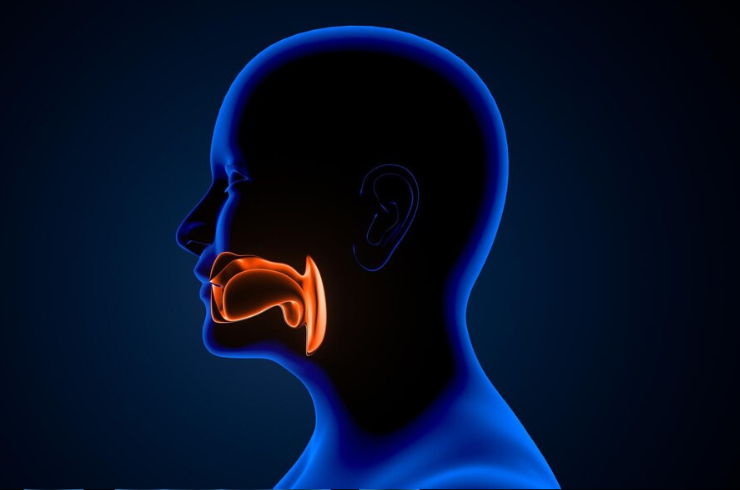
Submandibular gland surgery is a procedure performed to treat conditions affecting the submandibular glands, which are located beneath the jaw, responsible for producing saliva that aids in digestion and keeps the mouth moist. When these glands develop issues such as infections, stones, or tumors, surgery may be necessary to relieve symptoms and restore normal function.
At Asian ENT Care Centre in Hyderabad, our experienced ENT specialists provide advanced surgical care for conditions affecting the submandibular glands, ensuring minimal risk and quicker recovery.
The submandibular glands are one of the three major salivary glands in the body, located beneath the jaw on either side of the face. These glands produce a significant portion of your saliva, which helps in digestion and maintaining oral health. When issues like salivary stones, infections, or tumors develop, the gland may become swollen or tender, leading to discomfort and difficulty swallowing.
Submandibular Gland Excision is the most common surgical treatment for conditions affecting the gland. Depending on the issue, surgery may involve:
Like any surgical procedure, submandibular gland surgery carries certain risks, including:
If you’re experiencing pain, swelling, or discomfort in your jaw or salivary glands, book a consultation with our expert ENT specialists at Asian ENT Care Centre in Hyderabad. Our team will provide a thorough diagnosis and recommend the best course of treatment for your condition.
Schedule your consultation today and start your journey to better health!